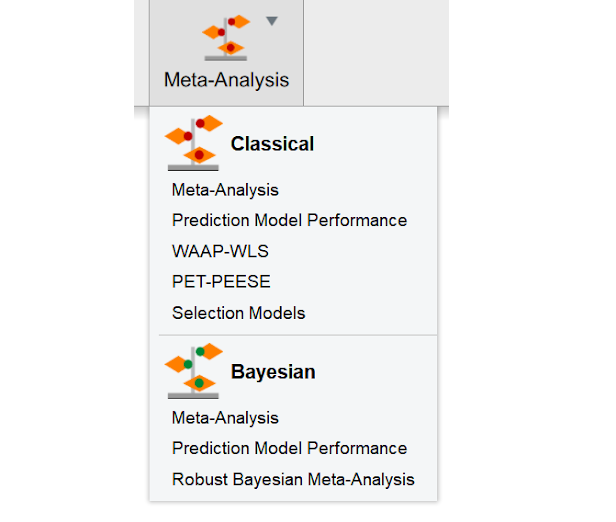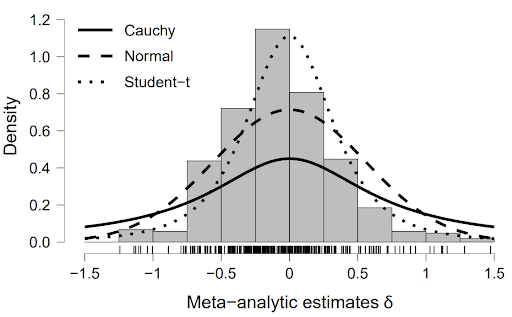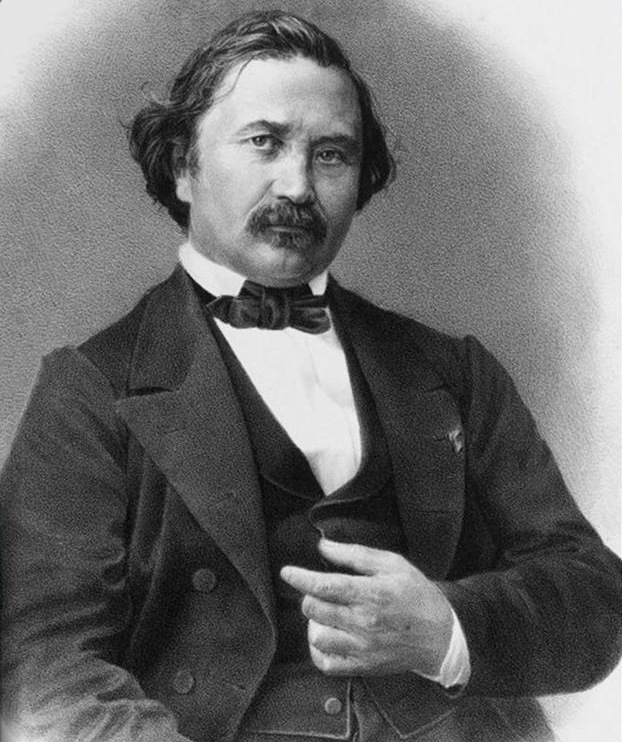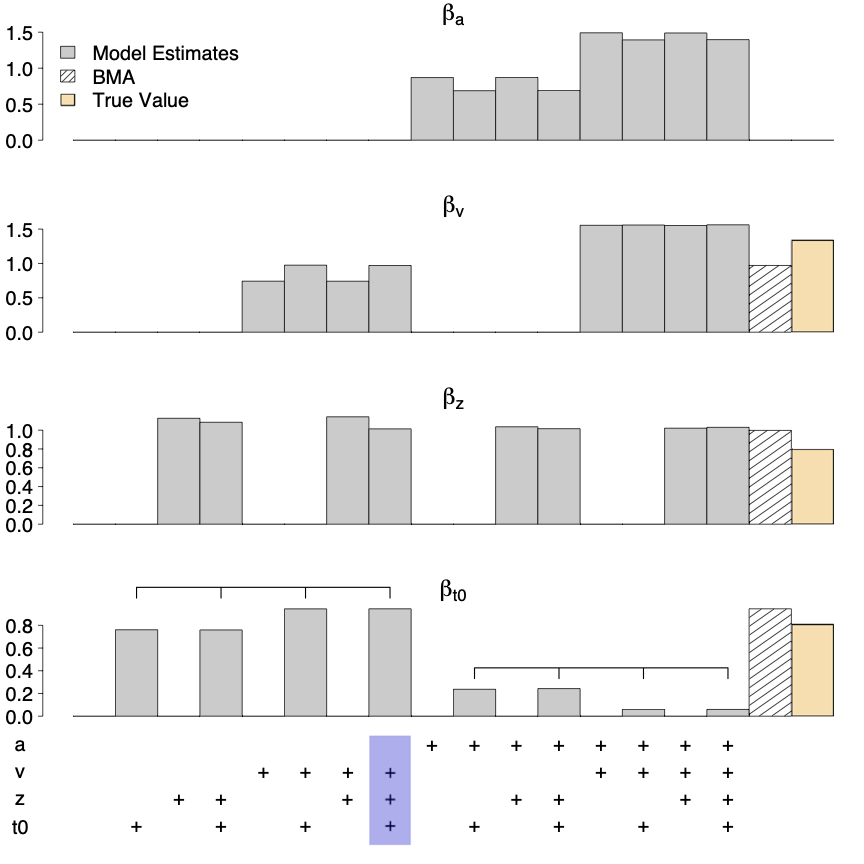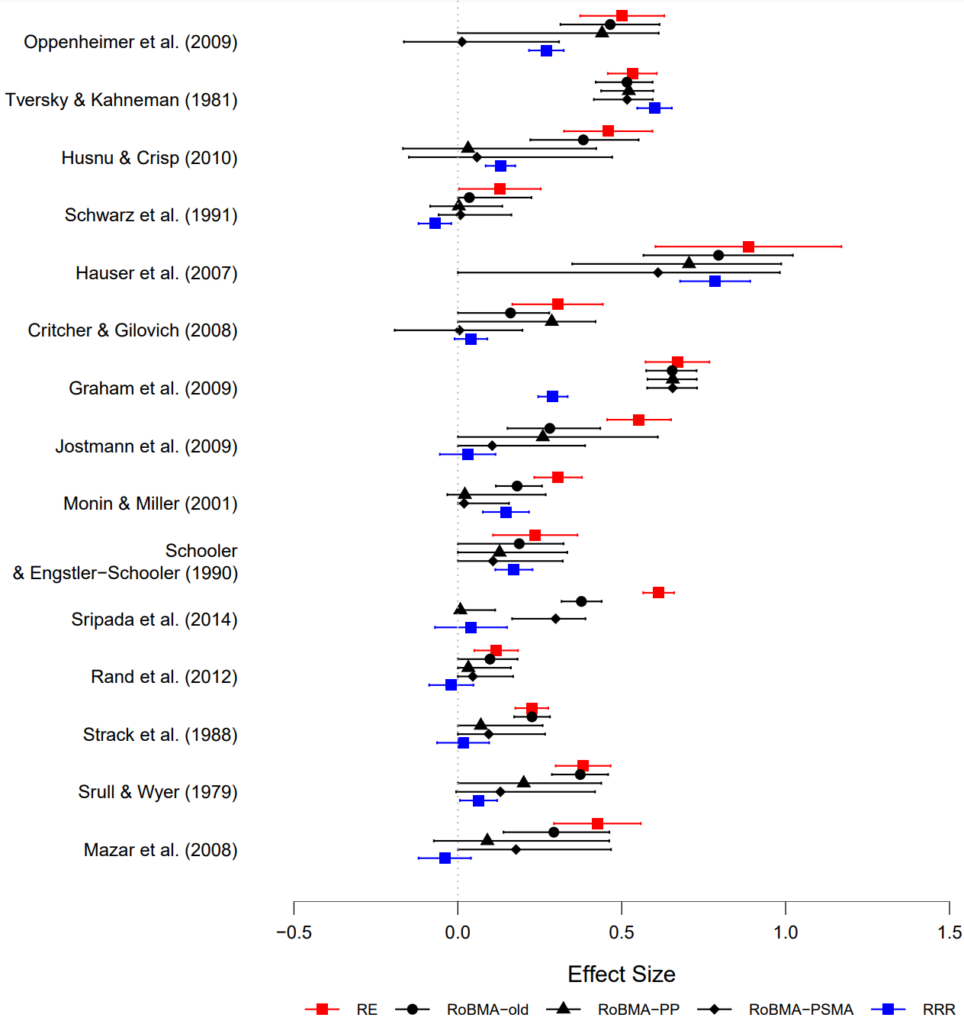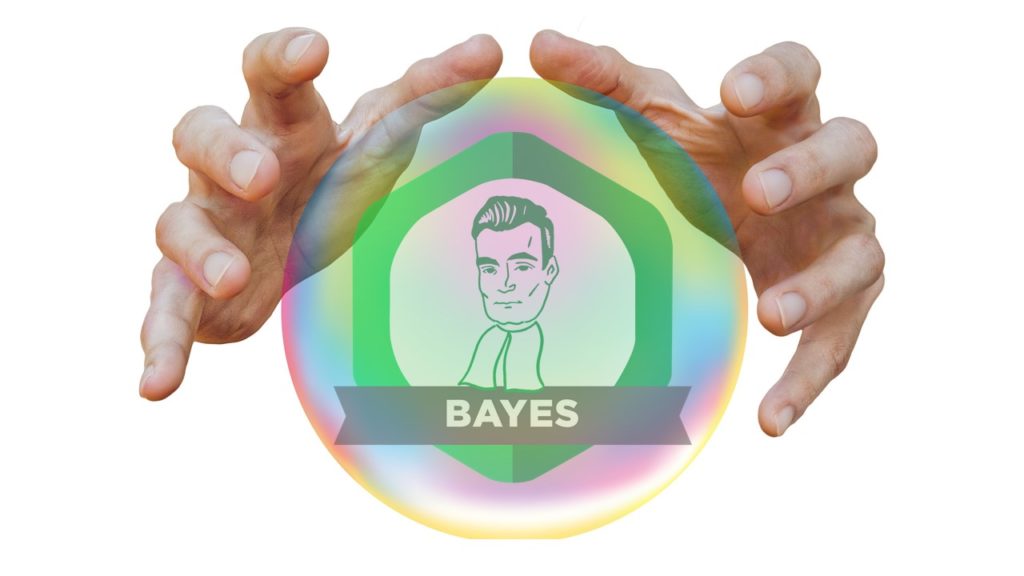Everything You Always Wanted to Know About the Jeffreys-Lindley Paradox But Were Afraid to Ask

This post is a teaser for Wagenmakers, E.-J., & Ly, A. (2020). History and nature of the Jeffreys-Lindley paradox. Preprint available on ArXiv: https://arxiv.org/abs/2111.10191 Abstract “The Jeffreys-Lindley paradox exposes a rift between Bayesian and frequentist hypothesis testing that strikes at the heart of statistical inference. Contrary to what most current literature suggests, the paradox was central to the Bayesian testing…
read more